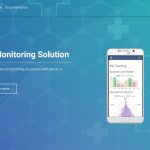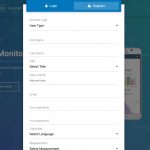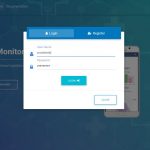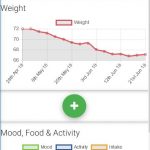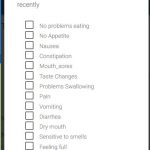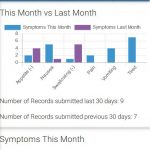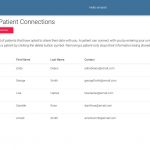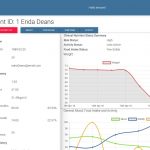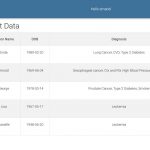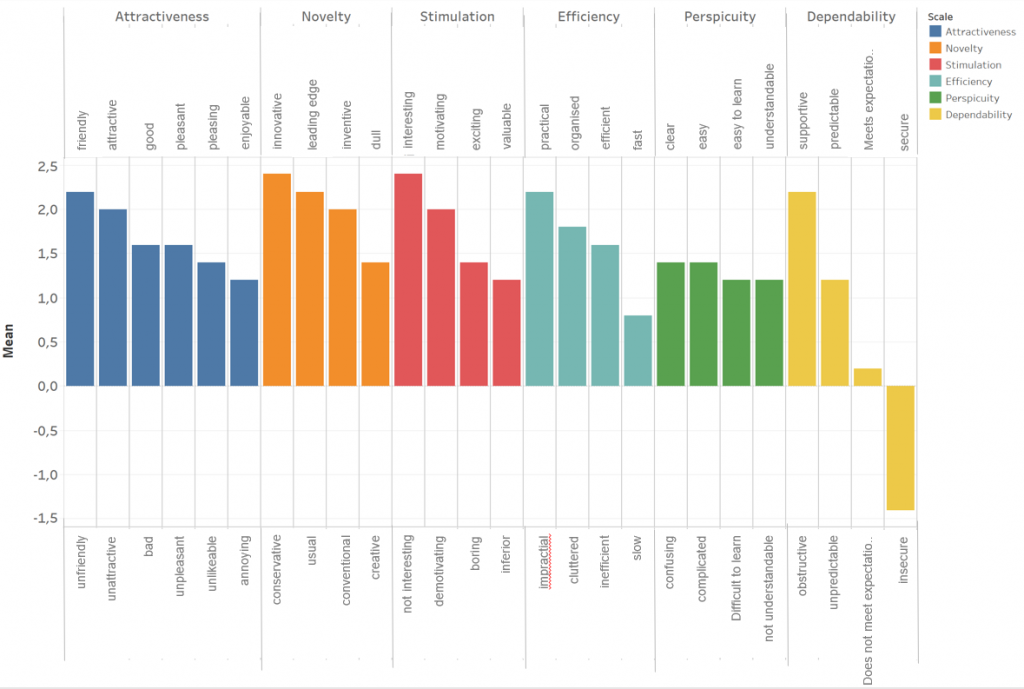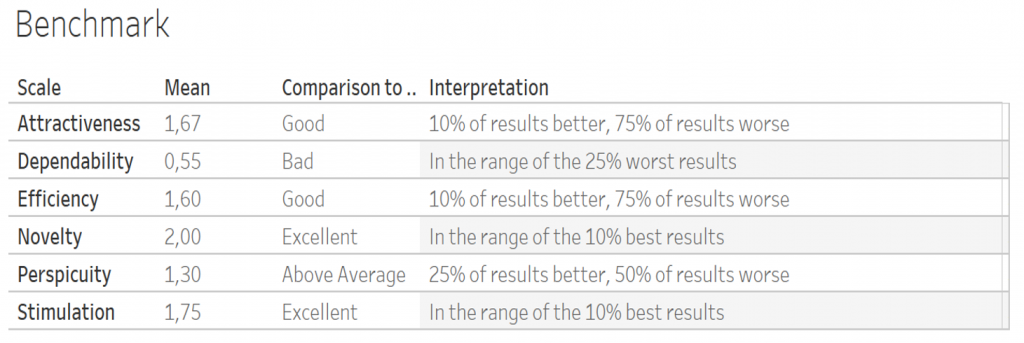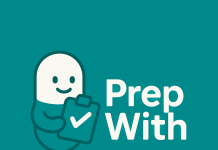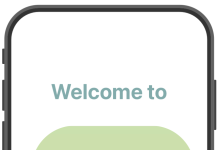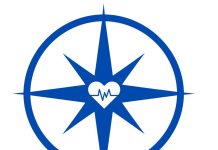Why?
We want to reduce the number of cancer patients that suffer from malnutrition.
Nutrition, and particularly malnutrition, is a key concern in cancer management, with estimates of between 20-70% of cancer patients worldwide being malnourished and up to 10-20% of cancer deaths estimated to be due to malnutrition [1].
Nutrition therapy is an important component of supportive cancer care and can help reduce postoperative infection rates, result in better control of cancer-related symptoms, reduce length of stay in hospital, improve tolerance to treatment and improve overall quality of life [1]–[4].
Unfortunately patients often suffer from fragmented continuation of care and long breaks between on-site consults with nutrition professionals. Remote monitoring through mobile and web technologies represents a possible solution to this problem, however few solutions currently exist.
This project aims to fill the gap between the academic and commercial worlds by developing a digital for the collection and sharing of nutrition to enable the early detection and prevention of malnutrition.
What?
We have developed a responsive web application, that supports the delivery of nutrition therapy to oncology patients.
Patients can enter key nutrition data such as their weight, food intake, symptoms and activity. In addition, patients are able to securely and easily share their data with their nutrition care provider such as doctor, dietitian, nurse etc. This allows timely malnutrition risk assessment and enhances delivery of nutrition services.
What do users say?
In December of 2018 the eTherapy team conducted a user experience test with dietetic students of the 3rd and 5th semesters at the St. Pölten University of Applied Science. Students role played as patients and dietitians for two weeks by inputing data and responding to feedback from the other class. At the ends of the simulation we collected feedback from the students using the User Experience Questionnaire (UEQ). The UEQ measures aspects of usabilty and user experience over 3 dimensions encompassing 6 scaled:
- Valence: Attractiveness
- Pragmatic Quality: Efficiency, Perspicuity, Dependability
- Hedonic Quality: Stimulation, Novelty
From the 3rd semester 5/6 students completed the UEQ. The overall results were positive. The highest scoring domain was hedonic quality, followed by attractiveness and then pragmatic quality. Of the scales, novelty performed the best followed by stimulation, attractiveness, efficiency, perspicuity and finally dependability which performed the worst. This poor performance was due to a low scoring question on security, which is not surprising given the prototype state of eTherapy. Results of the evaluations can been seen in the figure below.
Compared to benchmarks provided by users of the UEQ test it was clear that eTherapy performed particularly well in areas of novelty and stimulation.
Despite limitations including low participant numbers, high variance, low reliability and non-controlled test conditions, the user experience results are promising in terms of user acceptance of eTherapy.
Further testing is necessary on the professional side of the application, and additional usability tests with the target user groups would be optimal.
Full details on the evaluation of eTherapy can be accessed via the following report:
Outlook
We are proud of the prototype that we have created, but we don’t want to stop improving. Future developments for the application include:
New Features
– Sensor integration e.g. grip strength
– API for food diary
– Live feedback / chat feature
Extending usability
– Conversion to hybrid or native app
Evaluation
– Further usability and user experience tests
– Clinical trial
Market Development
– Building a professional user network
Interested?
We are looking for cooperation with companies or individuals who are interested in further development and implementation of this prototype. If you are interested to come on this journey with us please get in contact!
Project Team & Contact:
Project Manager: Christian Waldschütz
Development Manager: Elise Mandl
Art Director: Georg Hofstätter
If you have any questions about this project please contact the team by email at: dh171811@fhstp.ac.at
References:
[1] J. Arends et al., ‘ESPEN expert group recommendations for action against cancer-related malnutrition’, Clin Nutr, vol. 36, no. 5, pp. 1187–1196, Oct. 2017.
[2] PDQ Supportive and Palliative Care Editorial Board, ‘Nutrition in Cancer Care (PDQ®): Health Professional Version’, in PDQ Cancer Information Summaries, Bethesda (MD): National Cancer Institute (US), 2002.
[3] C. G. Lis, D. Gupta, C. A. Lammersfeld, M. Markman, and P. G. Vashi, ‘Role of nutritional status in predicting quality of life outcomes in cancer–a systematic review of the epidemiological literature’, Nutr J, vol. 11, p. 27, Apr. 2012.
[4] M. M. Marin Caro, A. Laviano, and C. Pichard, ‘Impact of nutrition on quality of life during cancer’, Current Opinion in Clinical Nutrition & Metabolic Care, vol. 10, no. 4, pp. 480–487, 2007.

